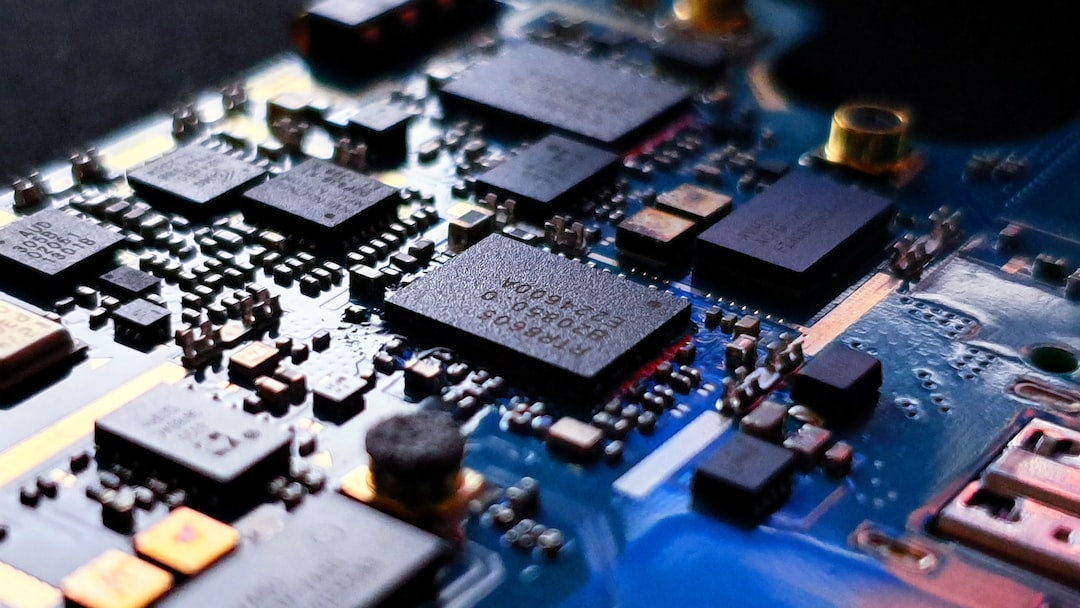In recent years, the manufacturing industry has witnessed a revolutionary transformation with the integration of robotics into its processes. With advancements in technology and artificial intelligence, robots have become an indispensable part of the manufacturing process. The role of robotics in manufacturing processes cannot be overstated as it has led to increased efficiency, precision, and productivity in the industry.
One of the primary benefits of using robots in manufacturing is their ability to perform repetitive tasks with high precision. Unlike humans, robots do not experience fatigue or loss of focus, enabling them to consistently produce products of high quality. This has reduced the occurrence of errors in manufacturing, resulting in improved product reliability. These robots are programmed to perform tasks with exactitude, ensuring that every product meets the desired specifications. This level of precision has allowed manufacturing companies to significantly reduce waste and minimize the need for rework or repairs.
Furthermore, robots have also increased the speed and efficiency of manufacturing processes. They work tirelessly and can complete tasks at a much faster rate than human workers. This has led to shorter production cycles, increased output, and reduced time-to-market for products. Companies can now meet customer demands more promptly, enabling them to remain competitive in the market. The use of robots in manufacturing processes has revolutionized industries such as automobile manufacturing, where large-scale production and quick turnaround times are crucial.
Another significant advantage of robotics in manufacturing is the improved safety of workers. Robots are designed to perform hazardous tasks that might pose a threat to human lives. They are used in environments that are dangerous or involve exposure to harmful substances such as chemicals or extreme temperatures. By employing robots for such operations, companies can protect their workers from potential accidents or health hazards. Human workers can be reallocated to more complex or innovative roles that require critical thinking and problem-solving skills.
Moreover, the integration of robotics in manufacturing processes has also led to cost savings for companies. While there is an initial investment in purchasing and setting up robots, the long-term benefits outweigh these costs. Robots have a longer operating life and require minimal maintenance. They do not require breaks, vacations, or allowances, making them cost-effective in the long run. Additionally, the reduction in errors, waste, and time-to-market also contributes to cost savings for manufacturing companies.
In conclusion, the role of robotics in manufacturing processes cannot be overstated. The integration of robots has led to increased precision, efficiency, productivity, and safety in the manufacturing industry. With advancements in technology and artificial intelligence, robots are increasingly becoming an indispensable part of the manufacturing process. As technology continues to advance, we can expect further improvements in robotics, leading to even greater benefits for the manufacturing industry.

